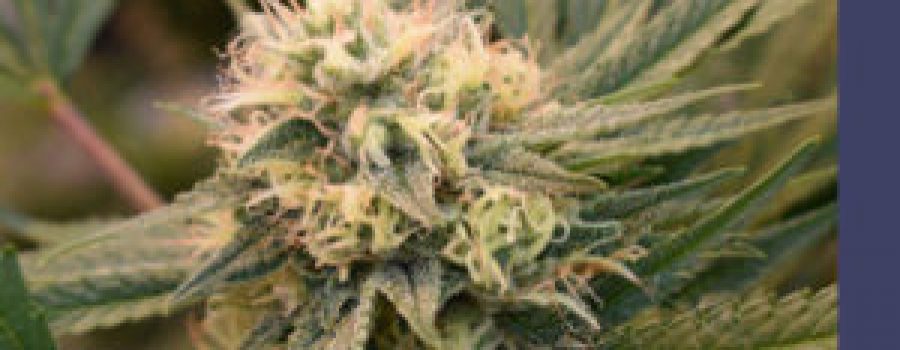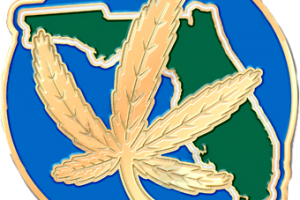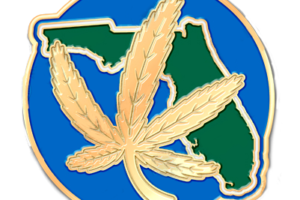FLORIDA IS SMOKING
You better believe we took a minute to pat ourselves on the back. Slap a few shoulders and take a victory lap.
The prohibition on cannabis flowers for patients is repealed.
The leadership team is sharing information on Facebook to give everyone the facts, but very few people understand the full impact of this new law.
Senate Bill 182, which amends our medical marijuana program, was signed into law on Monday March 18, 2019. It was effective immediately.
Based on the complexity of the law, most cannabis practitioners and Medical Marijuana Treatment Centers expected it to be months before new rules and forms were generated and flower sales could start.
Hats off to Trulieve. They were ready to push the program, and a handful of doctors were on board.
Using a draft consent form and statements by patients, doctors began ordering full flower for patients on Thursday, March 21 and Trulieve began selling 1/8th ounce containers of whole flower. The least expensive variety (cultivar), a hybrid Lemon OG, comes in at 23.7% THC. It will cost a patient $264.00 an ounce before discounts.
Not every qualified physician is ready to order smoked forms of the plant. It will double the physician’s paperwork on every patient who uses flower. The research on the effectiveness of smoked cannabis has not been done in this country, in part due to the difficulty obtaining the cannabis for the study — and in part because of the difficulty in measuring doses. The doctor must provide research in support of their order for smoked cannabis. It is part of the law.
Patients will likely have to see their recommending physician again before getting an order for smoked flower, and some physicians may refuse to recommend smoked forms depending on your condition.
SB 182 did many things, it…
- Repeals the prohibition on MMTC’s selling cannabis flower by redefining the term “medical use”.
- It requires a patient to have informed consent to use smoked forms of the plant.
- Requires the ordering physician to report what other forms of cannabis the patient has used.
- It requires physicians to write a new order every 35 days.
- It requires the physician to provide research on why smoking is an effective route of administration for the patient’s disorder.
- Specifies a physician use a special form when ordering smoked cannabis.
- Requires the Board of Medicine to create practice standards.
- Prohibits the ordering of full flowers for smoking for patients under 18 unless they are terminal and have a pediatrician who concurs.
- It limits the amount of flower a patient can buy every 35 days to 2.5 ounces.
- It limits the total amount of flower a qualified patient can possess to 4 ounces.
- Creates an exception to the possession limits for certain patients.
- Gives property owners the ability to violate a patient’s constitutional rights by prohibiting smoking on their property.
- Prohibits MMTC’s from using tobacco or hemp papers in pre-rolled cannabis cigarettes.
- Allows stores other than MMTC’s to sell devices for cannabis smoking.
- Directs the Office of Medical Marijuana Use to develop rules for the type, appearance and labeling of delivery devices.
- Renames the Coalition for Medical Marijuana Research and Education to the Consortium for Medical Marijuana Clinical Outcomes Research.
- Directs the Consortium to award funds to members for research and report to the Governor.
- Establishes a path for teaching nursing homes to conduct research on cannabis use.
The legislation signed into law ends the appeal of the lawsuit by John Morgan in which Cathy Jordan, our immediate past president, was lead plaintiff. It does not end the struggle to give all people access to this plant.
Florida CAN is dedicated to ending the prohibition on cannabis.







Leave a Reply
Your email is safe with us.